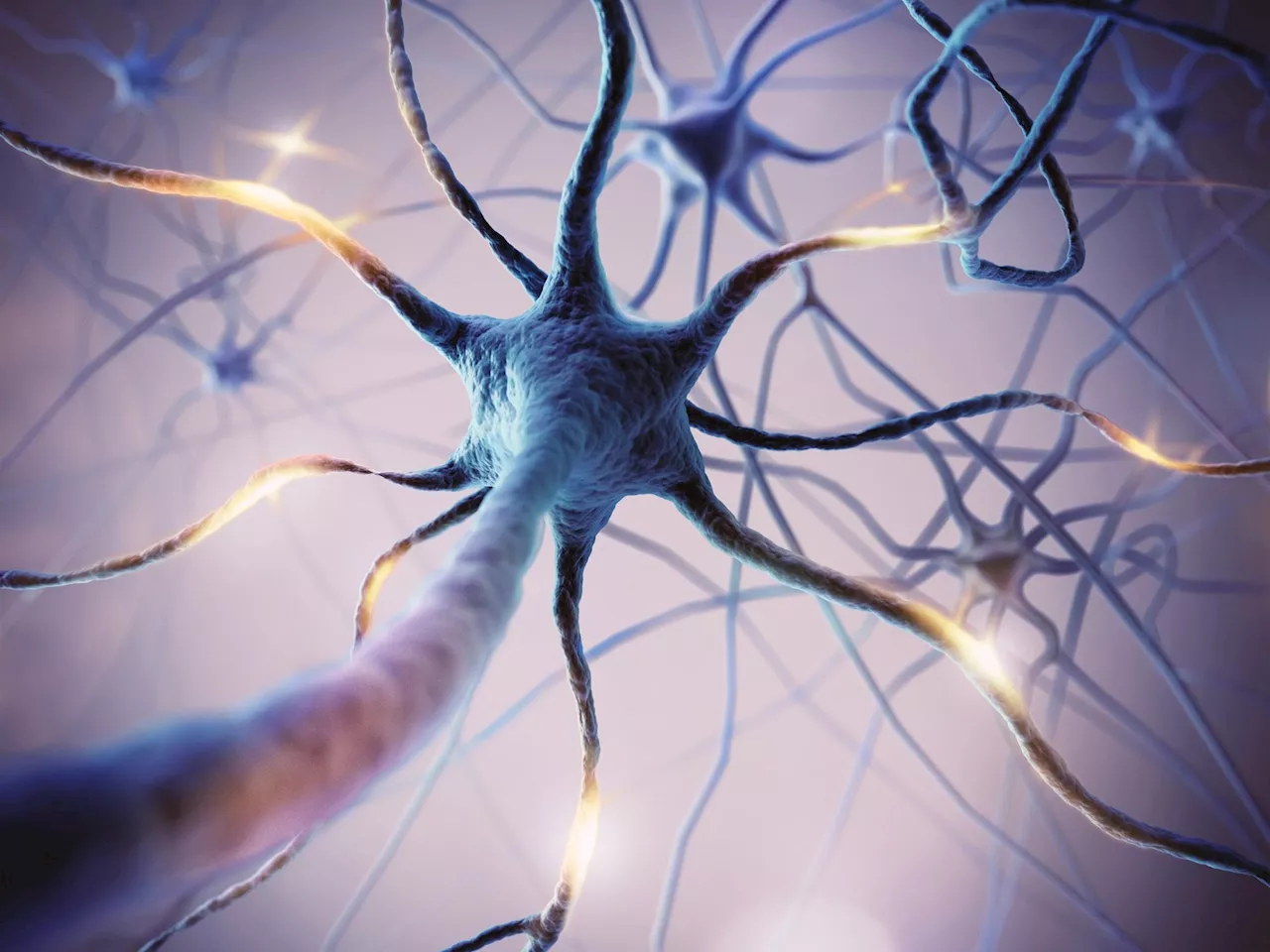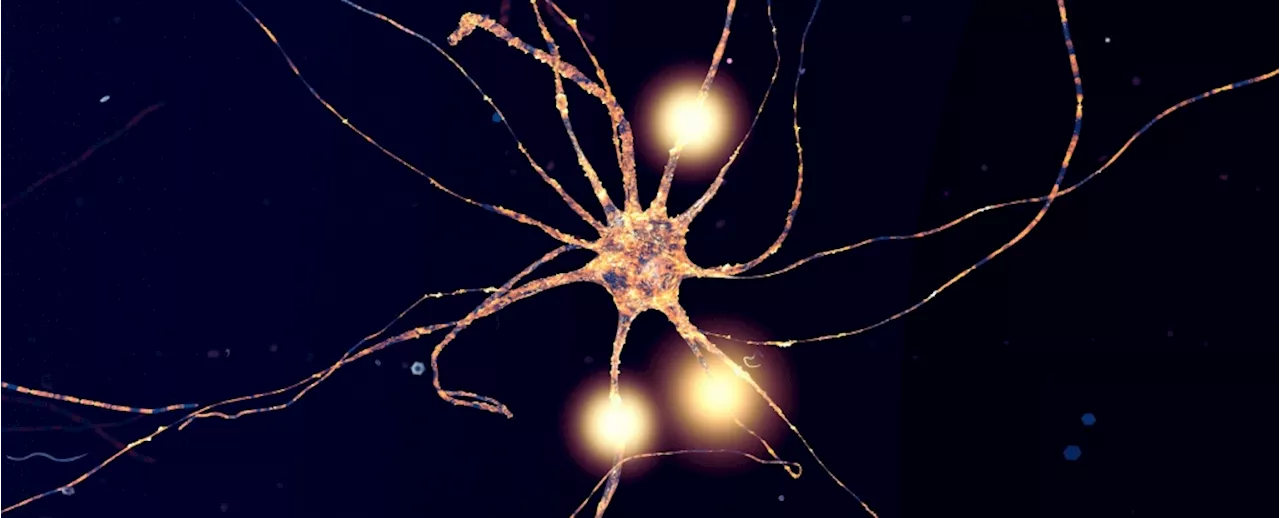Science, Space and Technology News 2024
A study led by MRC researchers found genetic variants in the BSN and APBA1 genes significantly impact obesity risk, with these effects notably manifesting in adulthood. Utilizing data from over 500,000 individuals, this research suggests a novel biological mechanism for obesity linked to brain signaling and proposes potential new targets for treatment.
The researchers used UK Biobank and other data to perform whole exome sequencing of body mass index in over 500,000 individuals., also known as Bassoon, can raise the risk of obesity as much as six times and was also associated with an increased risk of non-alcoholic fatty liver disease and of type 2 diabetes.
Previous research has identified several obesity-associated gene variants conferring large effects from childhood, acting through the leptin-melanocortin pathway in the brain, which plays a key role in appetite regulation.encode proteins found in the brain, they are not currently known to be involved in the leptin-melanocortin pathway.
United Kingdom Latest News, United Kingdom Headlines
Similar News:You can also read news stories similar to this one that we have collected from other news sources.
 Johns Hopkins Scientists Identify New Function of Learning Gene Common to All Mammalian Brain CellsScience, Space and Technology News 2024
Johns Hopkins Scientists Identify New Function of Learning Gene Common to All Mammalian Brain CellsScience, Space and Technology News 2024
Read more »
 Researchers identify gene involved in neuronal vulnerability in Alzheimer's diseaseEarly stages of neurodegenerative disorders are characterized by the accumulation of proteins in discrete populations of brain cells and degeneration of these cells. For most diseases, this selective vulnerability pattern is unexplained, yet it could yield major insight into pathological mechanisms.
Researchers identify gene involved in neuronal vulnerability in Alzheimer's diseaseEarly stages of neurodegenerative disorders are characterized by the accumulation of proteins in discrete populations of brain cells and degeneration of these cells. For most diseases, this selective vulnerability pattern is unexplained, yet it could yield major insight into pathological mechanisms.
Read more »
 Scientists Have Discovered a “Powerhouse” Gene, Opening Doors to New Treatments for Kidney DiseaseScience, Space and Technology News 2024
Scientists Have Discovered a “Powerhouse” Gene, Opening Doors to New Treatments for Kidney DiseaseScience, Space and Technology News 2024
Read more »
 Scientists develop a rapid gene-editing screen to find effects of cancer mutationsResearchers found a way to screen cancer-linked gene mutations much more easily and quickly than existing approaches, using a variant of CRISPR genome-editing known as prime editing.
Scientists develop a rapid gene-editing screen to find effects of cancer mutationsResearchers found a way to screen cancer-linked gene mutations much more easily and quickly than existing approaches, using a variant of CRISPR genome-editing known as prime editing.
Read more »
 Scientists discover synchronized gene expression changes in schizophrenia and agingUS researchers have identified synchronized changes in gene expression in individuals with schizophrenia and older adults. The study examined brain cells from 191 donors and found reduced expression of specific genes in neurons and astrocytes. The scientists named these changes the Synaptic Neuron and Astrocyte Program (SNAP) and believe that understanding SNAP could lead to the development of treatments for cognitive decline in aging and schizophrenia.
Scientists discover synchronized gene expression changes in schizophrenia and agingUS researchers have identified synchronized changes in gene expression in individuals with schizophrenia and older adults. The study examined brain cells from 191 donors and found reduced expression of specific genes in neurons and astrocytes. The scientists named these changes the Synaptic Neuron and Astrocyte Program (SNAP) and believe that understanding SNAP could lead to the development of treatments for cognitive decline in aging and schizophrenia.
Read more »
 Scientists Develop AI Framework to Identify and Track COVID-19 VariantsScientists have developed an AI framework that can identify and track new and concerning COVID-19 variants and could help with other infections in the future. The framework combines dimension reduction techniques and a new explainable clustering algorithm called CLASSIX, developed by mathematicians at The University of Manchester.
Scientists Develop AI Framework to Identify and Track COVID-19 VariantsScientists have developed an AI framework that can identify and track new and concerning COVID-19 variants and could help with other infections in the future. The framework combines dimension reduction techniques and a new explainable clustering algorithm called CLASSIX, developed by mathematicians at The University of Manchester.
Read more »
